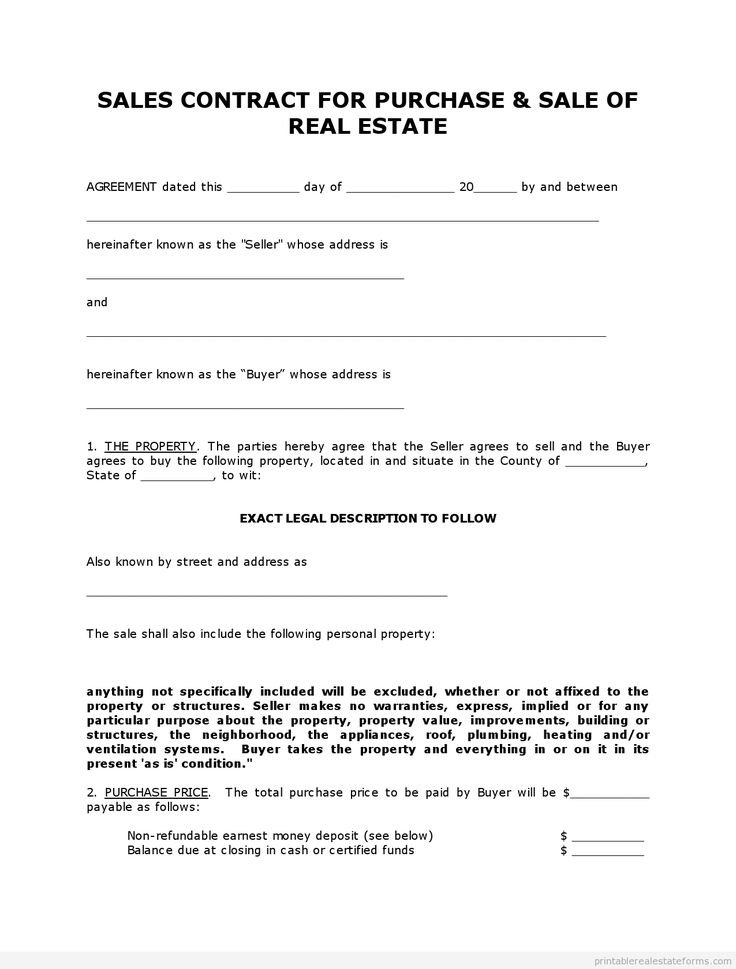
A Land Sales Agreement, also known as a Contract of Sale, is a legal document formalizing the sale of land between a seller (vendor) and a buyer (purchaser) in Nigeria. This agreement outlines the terms and conditions of the sale, ensuring that both the buyer and the seller are protected throughout the transaction process.
Contents
Key Components of a Land Sales Agreement
A solid Land Sales Agreement in Nigeria is like a roadmap for your property transaction. It ensures both buyer and seller are on the same page and minimizes the risk of misunderstandings. Here’s a breakdown of the key components you should find in your agreement:
Advertisements
data-sourcepos="5:1-5:31">1. Identifying the Parties
- Seller (Vendor): Full name and contact information of the person selling the land.
- Buyer (Purchaser): Full name and contact information of the person buying the land.
2. Property Details
- Exact Address: Accurately identify the location of the land being sold. This should include the full street address, any relevant landmarks, and possibly even a geo-referenced plot identifier.
- Legal Description: Get specific! Include details like plot number, size in hectares/acres, and any reference numbers from official land documents. This precise description helps avoid any confusion about the exact piece of land being agreed on.
- Proof of Ownership: The seller should provide documentation that proves they legally own the land they are selling. This is typically a certificate of occupancy or a similar title document.
See>>> Land Documents and Titles In Nigeria You Need To Know
3. Money Matters: Price and Payment Terms:
- Agreed Purchase Price: Clearly state the total amount the buyer will pay for the land. This figure should be written out in full, along with the corresponding numerical value, to eliminate any misinterpretations.
- Payment Schedule: Map out the payment journey. This should include details like any deposit amount, the frequency and amount of installments (if applicable), and the deadline for full payment.
- Acceptable Payment Methods: Specify how the buyer can make payments. This could include cash, bank transfers, or other approved methods.
4. Completion and Taking Possession:
- Completion Date: This is the critical date when ownership of the land officially transfers from the seller to the buyer.
- Possession Date: Outline the date the buyer can physically take control of the land and begin using it for their intended purpose. There may be a gap between completion and possession, depending on the agreement.
See>>> What to Do After Buying Land in Nigeria
5. Additional Clauses for a Smooth Transaction (Optional):
- Contingencies: Plan for the Unexpected: Include clauses that address specific conditions that need to be met before the sale is finalized. This could involve securing necessary permits or approvals from relevant authorities.
- Dispute Resolution: Plan for Amicable Solutions: Outline a process for resolving any disagreements that may arise during the transaction. This could involve mediation or arbitration, depending on the preferences of both parties.
- Termination Clauses: Know Your Exit Strategy: Specify situations under which either party can back out of the agreement (usually with specific conditions outlined). This provides a safety net if unforeseen circumstances arise.
Importance of Land Sales Agreements
- Legal Protection: A well-drafted land sales agreement provides legal protection to both the buyer and the seller by clearly defining their rights, obligations, and remedies in case of disputes or breaches of contract.
- Clarity and Certainty: By delineating the terms and conditions of the sale upfront, the agreement helps to avoid misunderstandings and ambiguities, ensuring a smooth and transparent transaction process.
- Enforceability: Once signed by both parties, a land sales agreement becomes a legally binding contract that can be enforced through legal means in the event of non-compliance or breach.
- Title Verification: The agreement may require the seller to provide evidence of clear title to the land, thereby enabling the buyer to conduct due diligence and verify the legitimacy of the transaction.
- Risk Mitigation: By addressing potential risks and contingencies in the agreement, such as adverse claims on the property or defects in title, both parties can mitigate the risk of unforeseen complications arising during or after the sale.
See>>> A Comprehensive Guide to Mortgage Loans in Nigeria: Everything You Need to Know
Sample Of Land Sale Agreement
Difference Between Contract of Sale and Deed of Assignment
A contract of sale and a Deed of Assignment are both important documents involved in transferring ownership of something, but they serve different purposes in the transaction timeline.
Imagine you’re buying a house. The contract of sale is like a handshake agreement on the price and terms. The Deed of Assignment is like getting the keys and officially owning the house. So contract of sale is before you make payment and Deed of Assignment is after you have completed payment.
Conclusion
In Nigeria, a land sales agreement, or Contract of Sale of Land, is a vital document that governs the transfer of land ownership between parties. By outlining the terms and conditions of the sale, including purchase price, payment terms, transfer of title, and warranties, this agreement serves to protect the interests of both buyers and sellers and ensures a fair and transparent transaction process. Whether buying or selling land, it is essential to enter into a comprehensive and legally binding agreement to safeguard your rights and mitigate potential risks.
- Follow me on TikTok for quick tips and behind-the-scenes tours
- Subscribe to my YouTube channel for in-depth videos and property showcases
- Follow me on Facebook for updates, listings, and real estate advice



Leave a Reply